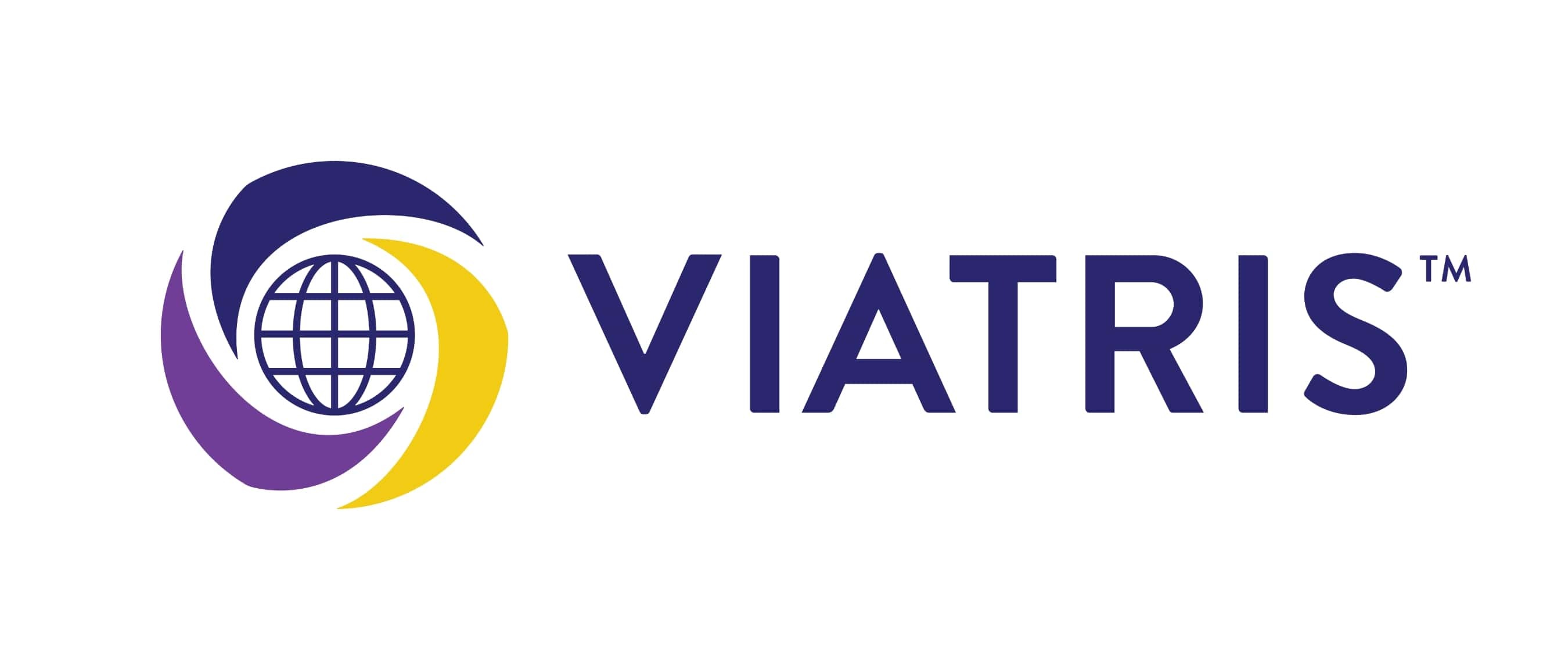Partnership Is Key to Caring for Multiple Sclerosis Patients Throughout Their Journey
By: Anne Berger, Head of Alliance Development

Empowering people to live healthier goes beyond developing targeted treatments.
Anne Berger is the Head of Alliance Development at Viatris, a global healthcare company. She is pleased to share her perspective on the importance of partnership with the multiple sclerosis community to meet patient needs across the continuum of care.
According to the National Multiple Sclerosis Society, multiple sclerosis (MS) is an unpredictable disease of the central nervous system that disrupts the flow of information within the brain, and between the brain and body. While therapies for MS and its comorbidities are an important aspect of a patient’s treatment journey, there is more to ensuring their overall wellbeing.
At Viatris, we work to help people worldwide live healthier at every stage of life. We strive to put the person at the center of their own unique health journey by providing access to high-quality medicines and healthcare solutions. And we have learned from decades of partnering with the MS community that this means going beyond just developing targeted treatments.
Every day, I get the privilege of working closely alongside MS advocacy groups, healthcare practitioners and caregivers to help meet the needs of patients throughout their MS journey. This work has taught me that those of us in this space must think outside our specific lanes by considering all the barriers a patient faces in their day-to-day lives.
We must think about a patient holistically and work to assist them in obtaining services that might impact their ability to access and adhere to treatment. This is where healthcare providers have a unique opportunity to dig into the specific challenges patients face—from both a treatment and lifestyle perspective—and connect them with the right resources. This might be things like securing transportation to attend medical appointments; securing housing and immediate needs in the home, such as shower chairs and mobility devices; addressing the condition’s toll on mental health; and, so much more.
By working hand-in-hand with our advocacy partners, we at Viatris have a better understanding of where we can have the greatest impact outside of the breadth of our MS treatment portfolio—and how we can tailor our portfolio to tap into unique needs across the care continuum.
As a committed partner to the MS community, Viatris knows the impact of supporting the resources provided by several MS organizations, such as providing free exercise classes led by a physical therapist specializing in MS. Meeting patients where they are in their journey—beyond the therapies they take—leads to the best options and outcomes. That’s why we continue to invest in programs that support the patient regardless of where they are in their disease journey.
For years, we’ve worked with the MS Society to support their MS Navigator program which helps those living with MS manage their unique challenges. MS Society staff speak with patients and caregivers about their immediate needs and then help them find solutions—from navigating insurance questions to finding a healthcare provider and pinpointing wellness strategies that may improve quality of life.
Viatris wouldn’t have the depth of patient knowledge we do today without our advocacy partners. Working with the advocacy community, I hear patients tell their stories firsthand, underscoring the vast diversity of this community. For some, it took years of going from doctor to doctor to receive a diagnosis, and it was a relief to finally begin treatment for MS. Some others watched their grandparents and parents live with MS before eventually receiving a diagnosis themselves. Many have seen rapid treatment progress over their lifetime, from having only a handful of treatment options a few decades ago to a multitude of disease modifying therapies and other medications to treat symptoms and relapses.
Innovation is a reason for hope. It’s why many people living with MS believe they will see a cure in their lifetime, or at the least, even greater strides for the next generation of patients. And it is this hope and the ability to enhance the lives of patients with MS that inspires our industry-leading research and development team every day.
For those of us working with MS patients and their advocates, our goal is to help patients live their best lives. To do that, we must understand and address every component of a patient’s healthcare journey. The whole patient must now, and always be, at the center of everything we do.

